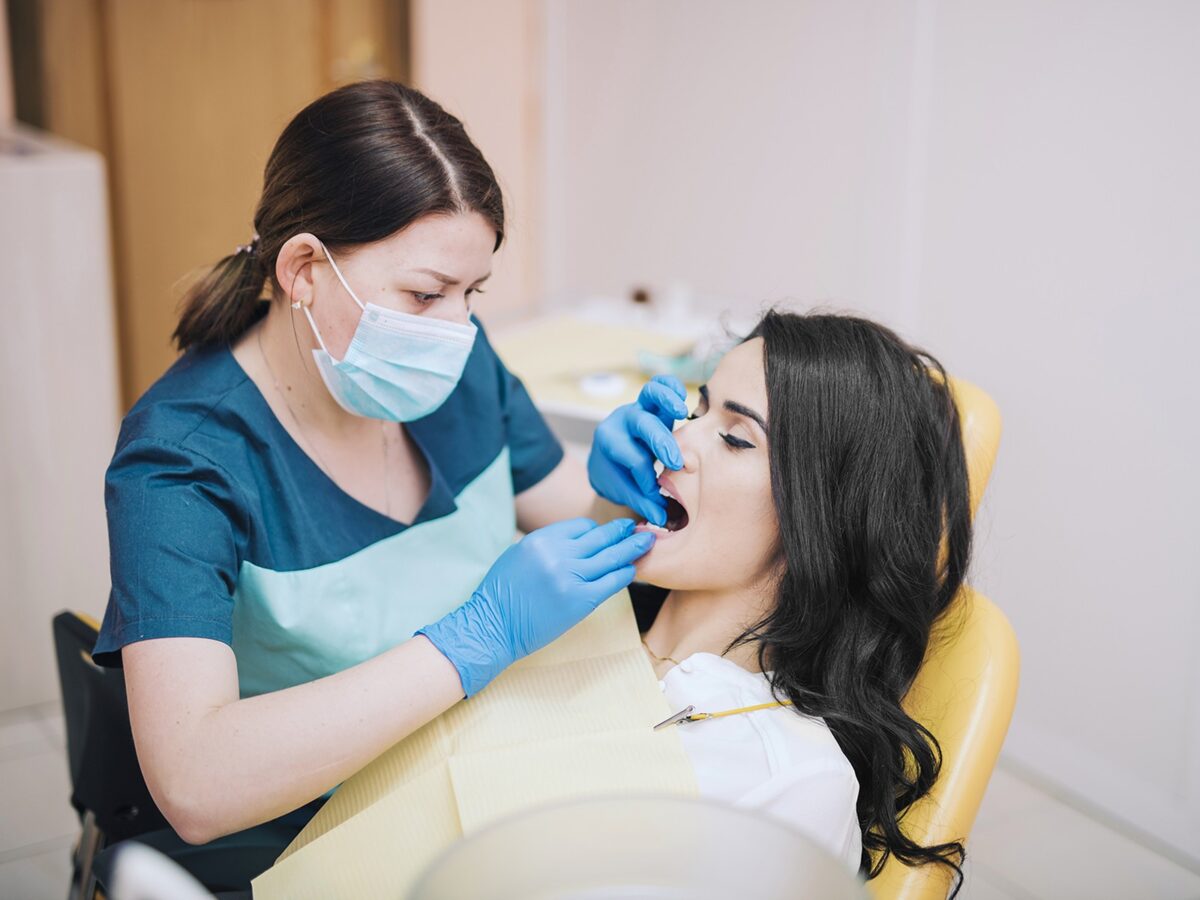Taking care of our teeth is vital because who doesn’t like to flaunt that beautiful smile? But there are many when we forget to follow the basic oral hygiene routine or ignore our brushing or flossing routine, which can impact oral health.
Daily activities like chewing, grinding, and clenching complex objects or food items can make our teeth weak and vulnerable, causing them to break or chip easily. If we ignore such small habits, the enamel layer that covers the teeth can rip off.
You have brittle teeth mainly because of continuous friction and stress from grinding them. The more you take the stress and clench your teeth, the more weak or brittle they will be. In addition, your food choices also play a significant role in affecting the condition of your choppers.
However, other causes of chipped or brittle teeth can be accidents, malocclusion, exposure to extreme temperatures, cavities, etc. However, no matter the reason behind your brittle teeth, you must visit your dentist if the condition worsens.
How to care for brittle teeth?
There are a few ways in which you can take care of your brittle teeth, and some of them:
- Firstly, you need medical care if your tooth breaks suddenly. But if it is not that serious, you can rinse your mouth with warm water and take some pain reliever for quick comfort.
- The treatment of brittle teeth varies depending on how big or small the crack is. Minor cracks don’t cause pain compared to bigger ones and don’t need treatment.
- If you have a highly brittle tooth, the dentist can polish it, which will help to even out the area.
- It would help to avoid sugary snacks and drinks; you can chew sugarless chewing gum.
- You should follow a good dental care routine and brush daily.
- Adding more calcium to your diet will help make your teeth strong.
These are some tips you can follow, but you must visit your dentist if you feel the problem is not going away.


